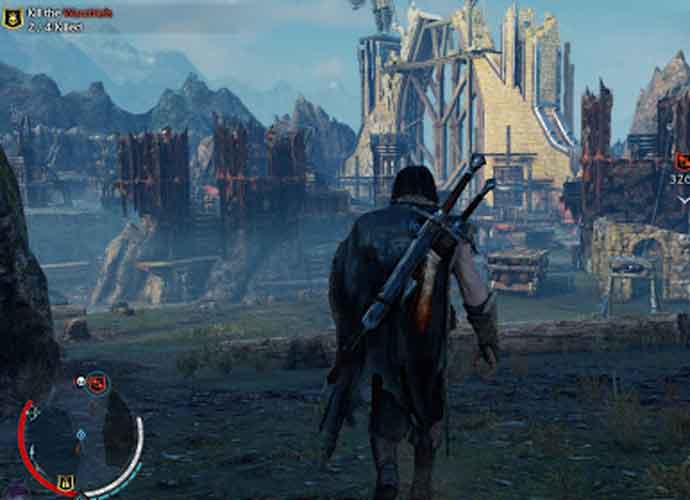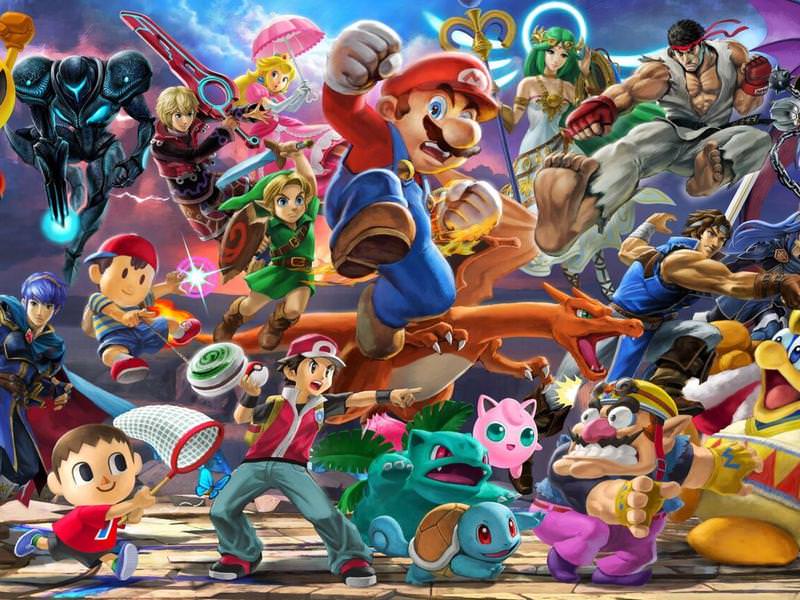WB Interactive Patents ‘Shadow of Mordor’ Nemesis System After Several Tries

Middle-Earth: Shadow Of Mordor
The US Patent and Trademark Office issued a notice on Thursday that the Nemesis System popularized through Warner Brothers Interactive Entertainment’s Shadow of Mordor and Shadow of War games has been formally patented.
Any company or body WB Interactive believes infringes on their exclusive right to the system can be sued for damages.
With the official title “Nemesis characters, nemesis forts, social vendettas and followers in computer games,” the patent specifies that WB has the exclusive right to feature procedurally-generated NPCs in a hierarchy which interacts and are influenced by the player’s actions in their games.
WB’s patent also details the “social conquest” system from Shadow of War where players can attack each other’s bases and armies online. WB’s “social conquest” acts very similarly to 2015’s Metal Gear Solid V: The Phantom Pain where players can attack each other’s customized bases online.
WB has submitted patent requests for their Nemesis System for close to six years. Like many patents in general, WB’s earlier attempts were thrown out for being too similar to existing patents.
The ethics of patenting “game systems” based on their in-game effects rather than the code that makes them is questionable. WB’s patent is worded in such a way that any game which has NPCs that “will remember the actions of players” or “have their appearance/behavior altered by players” will need to seek a license with WB, or face certain lawsuits.
Critics of WB’s patent say that by forcing licensing on game companies, many will simply avoid using Nemesis-like systems in their games to avoid litigation. Recent games like Assassin’s Creed Odyssey with its Mercenary system and Watchdogs Legion with its Census System would likely be considered infringing on WB’s exclusive rights.
WB’s patent is due to begin on February 23. No one can be sure how litigious WB’s lawyers will be, or how far they will stretch the loose Nemesis System to find comparisons to other games, but developer’s creativity is now limited by the legal reality that if WB thinks their game is too similar, they can be sued.





